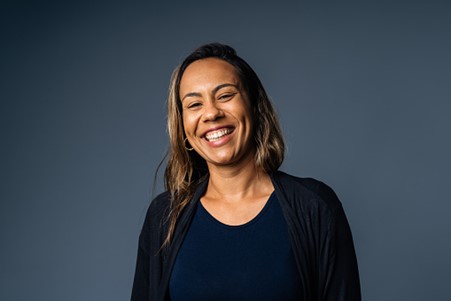
If you’re an international Radiation or Clinical Oncologist looking to work within the NHS, you’ll first need to tackle GMC registration. As with every specialism, there are a couple of different routes you can take to obtain GMC registration as a Clinical Oncologist. No matter which route you decide to pursue, you will need to complete either the OET or IELTS exam to demonstrate your English language competencies.
The two most popular routes for GMC registration are PLAB and FRCR – with FRCR being a notoriously difficult set of exams to complete. My best advice for anyone would be to seriously consider PLAB alongside FRCR, given how long the FRCR examinations can take to pass.
For those who choose to tackle FRCR before working in the NHS, preparation is key! Given that I'm often asked where to start, as there is such a vast amount of information online, I’ve put together my own list of some of the best study tools and resources for FRCR Part 1 in Clinical Oncology (that I’ve managed to find). If the computer gods work in my favor, I believe I've managed to link some of my go-to tools within the text!
1. Textbooks
- "Basic Sciences for Core Medical Training and the MRCP" by Neil Herring: This book covers essential basic sciences topics relevant for the FRCR exam.
- "Clinical Oncology: Basic Principles and Practice": A comprehensive resource that covers the fundamental principles of clinical oncology.
2. Online Courses and Lectures
- FRCR Revision Courses: Various online platforms offer structured revision courses specifically designed for FRCR Part 1. These courses often include lectures, notes, and mock exams.
- EdX and Coursera: These platforms offer courses on relevant subjects like radiobiology, cancer biology, and medical physics, which can supplement your preparation.
3. Question Banks
- FRCR Exam Prep: Websites like OnExamination and BMJ OnExamination provide extensive question banks tailored for the FRCR exams.
- PassMedicine: Another valuable resource with a wide range of practice questions and detailed explanations.
- Revise Radiology: Offers question banks, mock exams, and detailed answers specifically designed for FRCR Part 1.
4. Study Guides and Notes
- FRCR Part 1 Study Guides: Many candidates and professionals share their study guides and notes on forums and social media groups. These can provide condensed information and tips on important topics.
- Medical Physics Notes: Focused notes on medical physics topics, often shared by previous candidates, can be very helpful.
5. Flashcards
- Anki: Anki flashcards can be incredibly useful for memorizing key concepts, formulas, and definitions. You can find pre-made decks or create your own tailored to the FRCR syllabus.
- Quizlet: Another flashcard tool that allows you to study and test yourself on important topics.
6. Mobile Apps
- Radiology and Oncology Apps: There are several apps available that offer practice questions, flashcards, and quizzes on oncology and radiology topics.
- Brainscape: This app allows you to create and study with flashcards, with the added benefit of spaced repetition. You can also find flash cards made by prior exam candidates!
7. Study Groups and Forums
- RCR Forum: Engage with peers on forums dedicated to FRCR preparation.
- Reddit and Facebook Groups: Join study groups on platforms like Reddit and Facebook where other exam candidates share resources, study tips, and offer support.
8. Review Articles and Journals
- Key Journals: Stay updated with the latest research and review articles from journals like Clinical Oncology, Radiotherapy and Oncology, and the Journal of Clinical Oncology.
- PubMed: Use PubMed to find review articles on specific topics covered in the syllabus.
9. Workshops and Webinars
- Live and Recorded Workshops: Attend workshops and webinars on key topics such as radiobiology, medical physics, and statistics. These are often offered by universities and professional organizations.
- RCR Events: The Royal College of Radiologists often hosts events, workshops, and webinars that can be beneficial.
10. Mind Maps and Diagrams
- Concept Mapping Tools: Use tools like MindMeister or XMind to create mind maps and diagrams to visualize and connect key concepts, especially in complex topics like radiobiology and cancer biology.
11. Mock Exams
- Mock Tests: Regularly take mock exams to simulate the exam environment and test your knowledge under timed conditions. Resources like Revise Radiology and OnExamination offer mock tests.
12. Personalized Tutoring
- One-on-One Tutoring: If you need personalized guidance, consider hiring a tutor who specializes in FRCR Part 1 preparation
Two things to remember: this list is not exhaustive and I am not a doctor, so while I’d recommend using a mix of these study tools, it’s also super important to check in with your peers, colleagues, professors, or consultants who have experience with these exams. Good luck!
*I also have a copy of the RCR recommended reading list for Part 1, so feel free to reach out if you'd like a copy.



